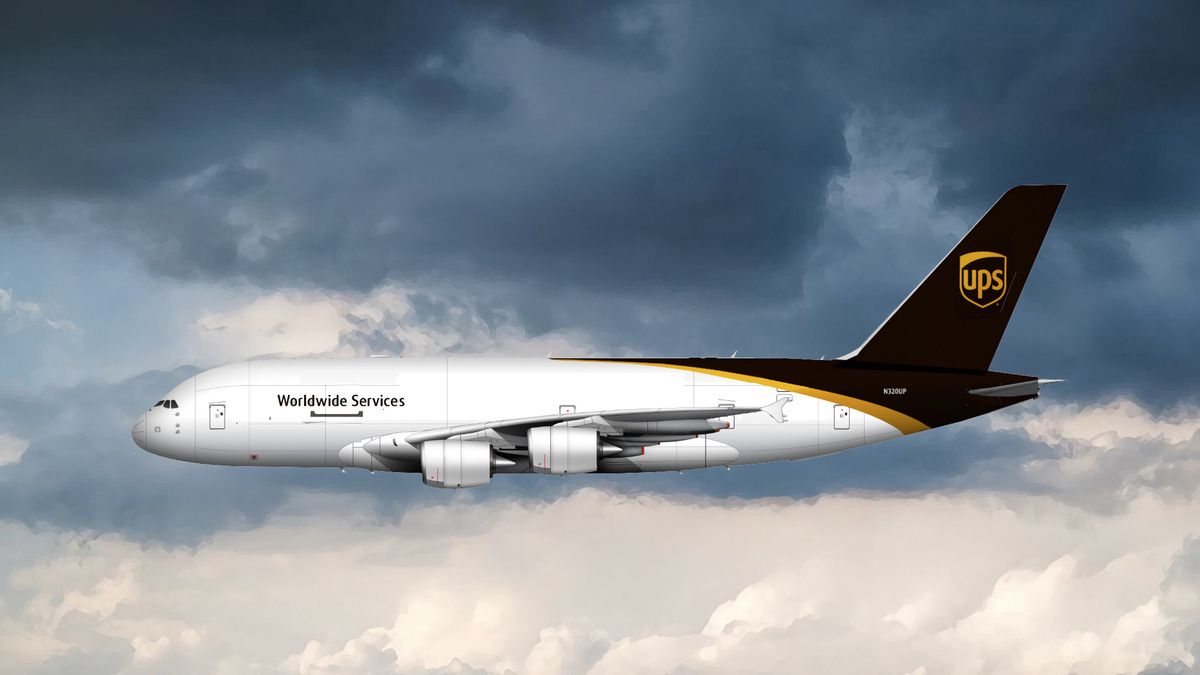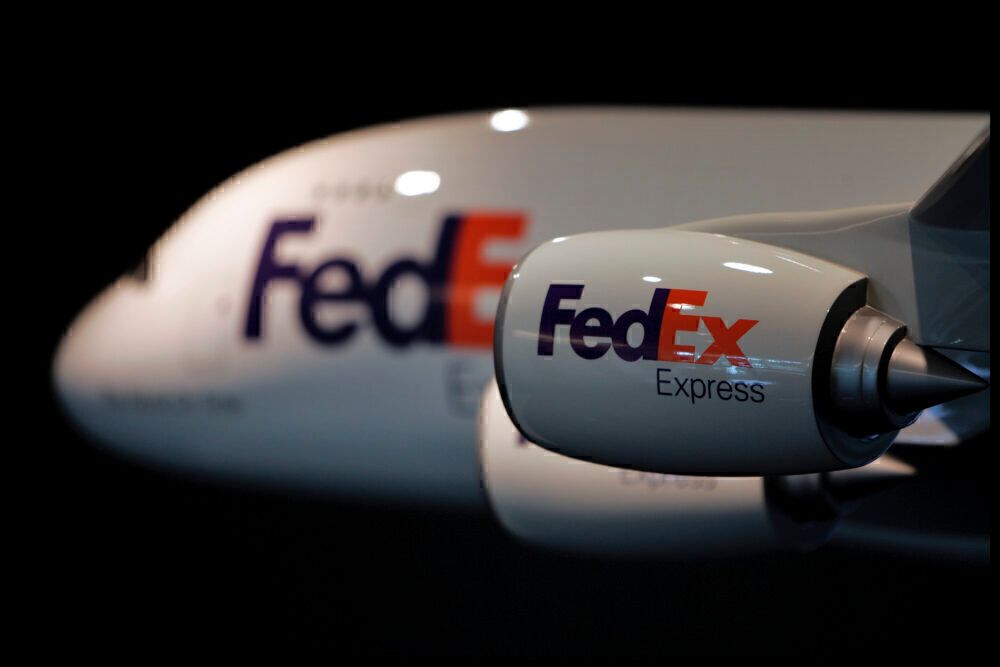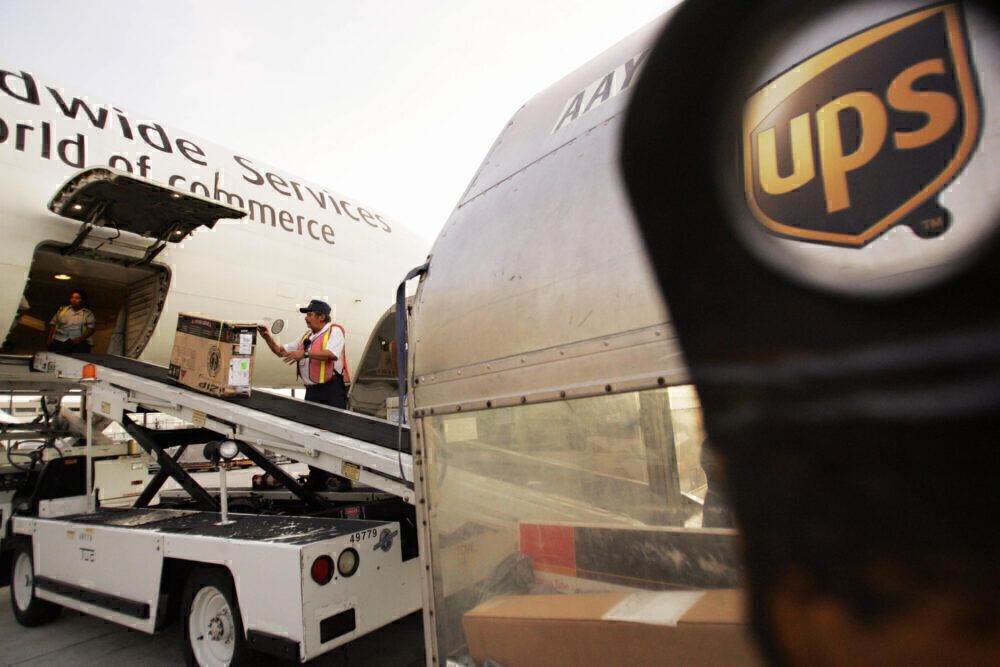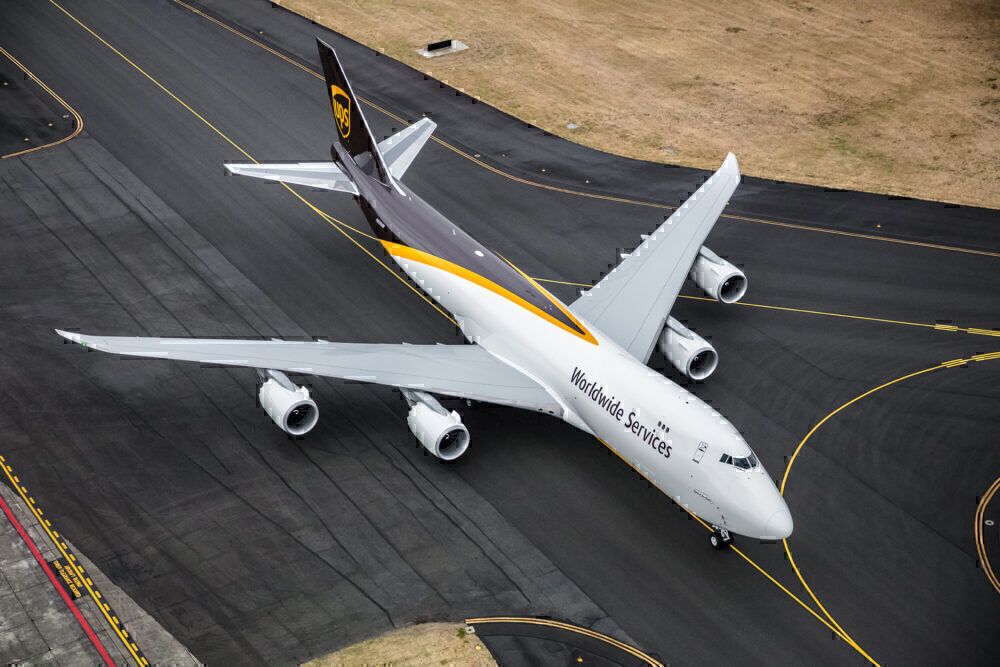Once upon a time, Airbus had taken orders for a freighter variant of its A380 superjumbo. Some of these orders came from global shipping giant UPS but were eventually canceled in 2007. Let's take a look at why UPS eventually lost interest in operating the A380 as a cargo jet.
The A380 freighter program
It's true; Airbus had once indeed offered the A380 as a freighter. Although this never became a reality, back in the early 2000s, it was an option that Airbus was willing to pursue.
Indeed, a 2001 article by CNN notes that Airbus had at least three cargo airlines interested in the A380F. These were:
- Atlas Air
- FedEx
- and United Parcel Services - better known as UPS
We know that both UPS and FedEx were in talks to buy 10 aircraft, while it was also rumored that Atlas was negotiating a similar deal.
Indeed, with Airbus inviting as many as 20 airlines to collaborate on the superjumbo project, Atlas Air was reported to have requested that the A380F be designed to accommodate pallets and cargo handling for upper-deck freight. The A380, as it was designed, was not able to take 3m (10ft) pallets. Thus, the main and upper decks were limited to 2.4m- and 2m-high pallets, respectively, a FlightGlobal article noted.
"There's a passenger model and a freighter model for express goods as FedEx would operate it. We're having to spend time with Airbus to make sure we have an Atlas model and then we'll decide as to whether we want to go with it," - Richard Shuyler, CEO, Atlas Air (2001)
Why UPS backed out
It was in March 2007 that UPS was reported to have backed out its $2.8 billion order for the 10 A380 freighters. Originally, these would be delivered beginning in 2010.
The New York Times reported that the shipping giant had cited concerns that Airbus would not be able to meet the revised delivery schedule that it had agreed to. UPS is reported as having made the following statement, published by the New York Times:
"UPS had intended to complete an internal study of whether it could wait until 2012 for the aircraft, but now understands that Airbus is diverting employees from the A380 freighter program to work on the passenger version of the plane."
David Abney, UPS's chief operating officer and president, said that based on previous discussions, his company had felt that 2012 was a reasonable estimate of when Airbus could supply the plane. "We no longer are confident that Airbus can adhere to that schedule." he is reported saying.
Stay informed: Sign up for our daily and weekly aviation news digests!
Freighter abandonment aided passenger-variant progress
With Airbus halting work on the A380 freighter, it was able to divert engineering resources to the passenger version of the plane- which was already years behind schedule.
It wasn't just the A380 passenger variant that benefitted from the freighter program's demise. Airbus resources could also go to its clean-sheet widebody, the A350:
"All available resources are needed for work on the A350 and the A380 passenger version...Demand for the cargo A380 is minimal at best." - Richard Aboulafia, Analyst with the Teal Group via New York Times
Even though Airbus had forecast a market for as many as 400 cargo versions of the A380, it would produce zero in the end.
As for UPS, it had ordered 27 Boeing 767-300ERs the month before it backed out of the A380F. It would eventually go on to be a major customer of the Boeing 747-8F.
Do you think cargo operators would have benefitted from operating an A380 freighter? Let us know in the comments.




